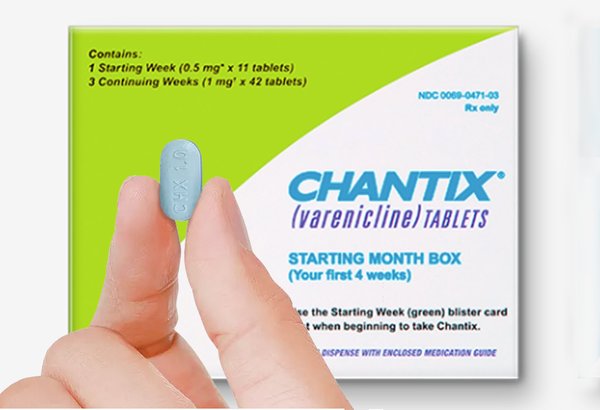Quitting smoking is hard, but it is important for your health. All the experts says the best way to be successful is to have a plan ready for handling the withdrawal symptoms and craving triggers. You need to be totally committed to stopping.
Why are cigarettes so addictive? Nicotine is the biggest culprit. According to smokefree.gov, “Over time, your body and brain get used to having nicotine in them. About 80 percent to 90 percent of people who smoke regularly are addicted to nicotine.”
COMMON WITHDRAWAL SYMPTOMS
During withdrawal you'll probably crave a cigarette, but you may also feel sad, irritable, have trouble sleeping, and experience diarrhea and constipation. Other symptoms include feeling restless and having trouble concentrating on the task at hand, plus flu-like symptoms.
MORE HEALTH: Here are some natural remedies for dealing with insomnia
Nicotine withdrawal can also cause your heart to slow down and you may find yourself snacking more, especially when a craving hits, which can lead to weight gain. You may also experience flu-like symptoms for the first few days after your last cigarette.
It is important to remember that the most intense withdrawal symptoms will only last for the first few days or weeks after you give up smoking. (Sources include: smokefree.gov, the Mayo Clinic, the U.S. Centers for Disease Control and Prevention, and the Cleveland Clinic):
MANAGING YOUR SYMPTOMS
Before stopping smoking, talk to your doctor about strategies that can help you manage the symptoms of withdrawal better. Nicotine replacement therapy like nicotine gum or a patch which releases a small dose of nicotine, can help with the weaning process. You can also sign up for SmokefreeTXT, a mobile text messaging service that sends you words of encouragement and advice 24/7.
The Mayo Clinic says nicotine’s addictive quality comes from the release of dopamine in the pleasure center in your brain – immediately making you feel better. Besides physical symptoms of withdrawal, there are also behavioral triggers that make quitting challenging. For instance, if you always smoke when you hang out with friends at the bar or light up whenever you get stressed. To combat these triggers, you need to have alternative ways to handle these situations.
According to the U.S. Centers for Disease Control and Prevention: “The good news is that most cravings last for only 15-20 minutes. Finding ways to get through that short period of time is a key way to deal with cravings. Anything that can distract you and keep you busy can be helpful.”
The bottom line is to not give up. Smoking is a known risk factor for lung and other cancers, heart problems, macular degeneration, diabetes and other health problems. Create a plan to manage your withdrawal and stick to it. Proper self-care is a must. Eat right, exercise and get plenty of rest. Check out these other tips from the Cleveland Clinic to help battle the cravings.


